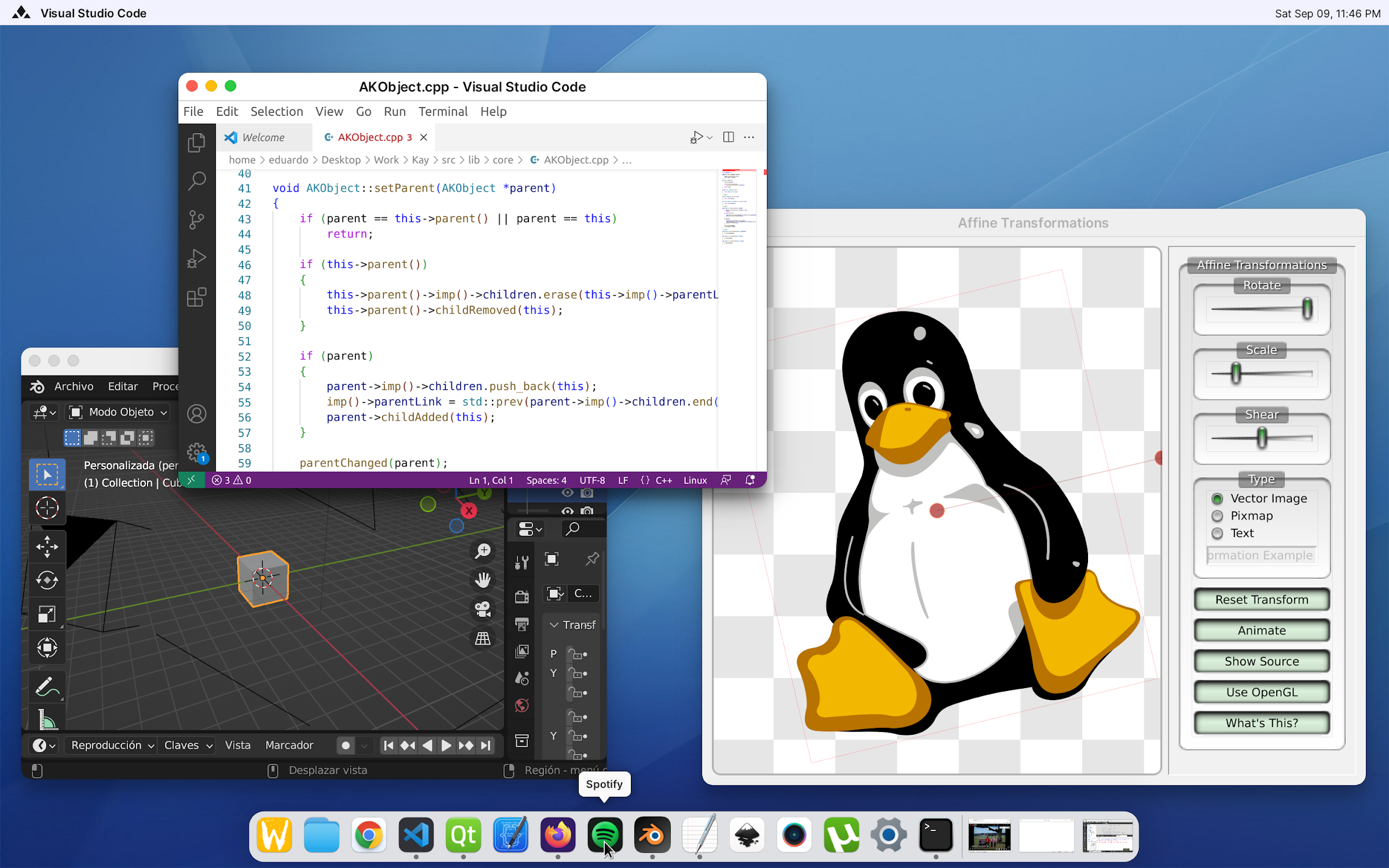this post was submitted on 14 Nov 2023
229 points (99.1% liked)
Linux
57081 readers
918 users here now
From Wikipedia, the free encyclopedia
Linux is a family of open source Unix-like operating systems based on the Linux kernel, an operating system kernel first released on September 17, 1991 by Linus Torvalds. Linux is typically packaged in a Linux distribution (or distro for short).
Distributions include the Linux kernel and supporting system software and libraries, many of which are provided by the GNU Project. Many Linux distributions use the word "Linux" in their name, but the Free Software Foundation uses the name GNU/Linux to emphasize the importance of GNU software, causing some controversy.
Rules
- Posts must be relevant to operating systems running the Linux kernel. GNU/Linux or otherwise.
- No misinformation
- No NSFW content
- No hate speech, bigotry, etc
Related Communities
Community icon by Alpár-Etele Méder, licensed under CC BY 3.0
founded 6 years ago
MODERATORS
you are viewing a single comment's thread
view the rest of the comments
view the rest of the comments

I agree with your overall sentiment with the caveat that 20 years will be closer to 5. Early adopters are enjoying Wayland only benefits today. For example, the Steam Deck just launched with HDR and mainline support for Linux gamers in general will not be far behind.
Also, the list of window managers being left behind is starting to look less appealing than the list of window managers that are Wayland only. Hyperland is probably already more popular than WindowMkaer. As GNOME and KDE go Wayland only, they will continue to add features that regular users will want. I see more announcements for new Wayland compositors than I do for new X window managers.
Another factor that gets missed is that the main dev support for X comes from Red Hat. RHEL9 is already Wayland based. When RHEL8 comes off support in 5 years, Red Hat will abandon X. How long will X stay viable after that?
As the number of X users dwindle, we will see toolkits drop support for X. GTK5 for example. 5 years may be too soon for that but I cannot see it taking 20 years.
Wayland being “valuable to most users” will come faster than you think.
Sure, maybe it will be 5 years. I'm definitely not going to rewrite my awesome wm config just because Wayland is hip now. I will have to get some really nice features out of that.